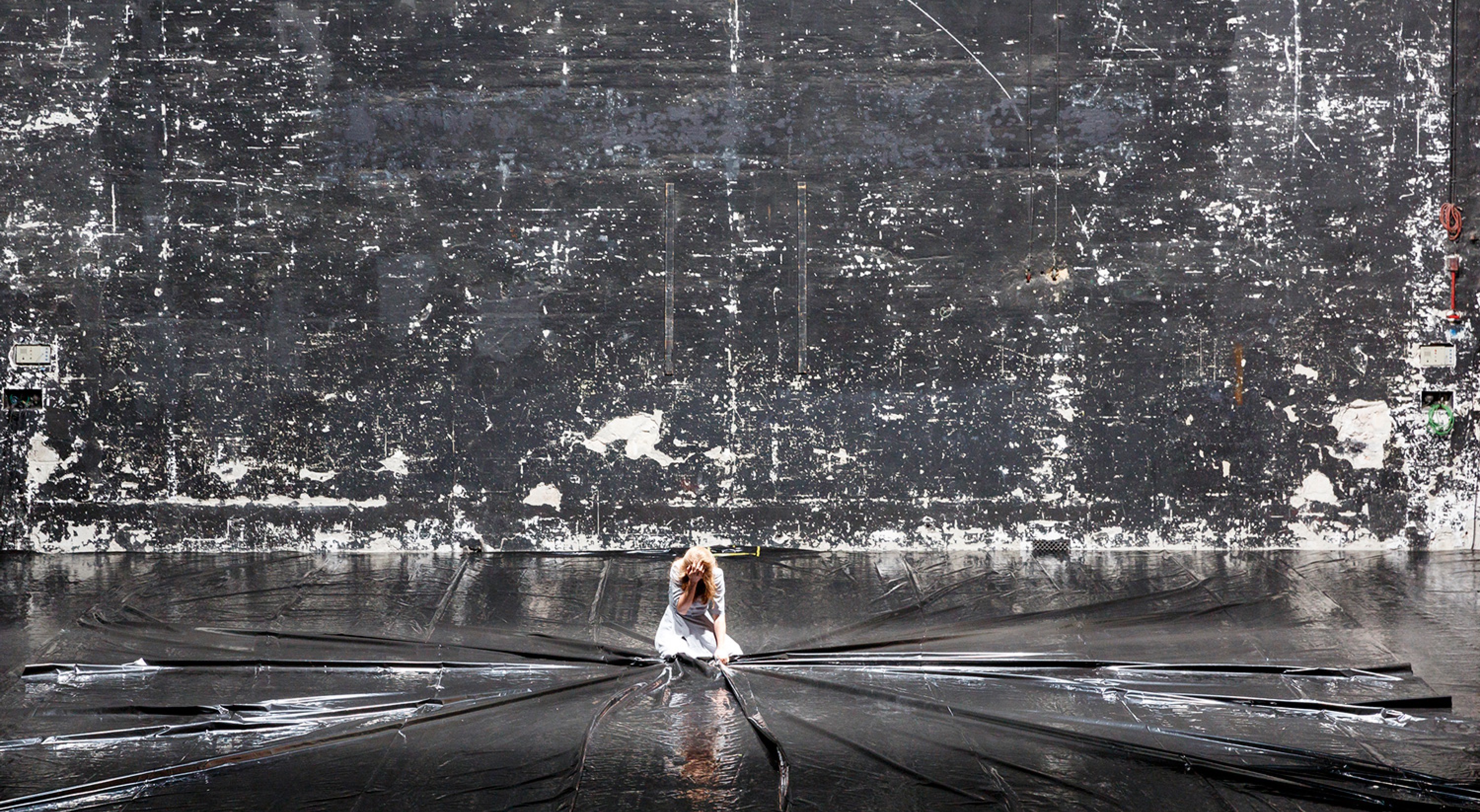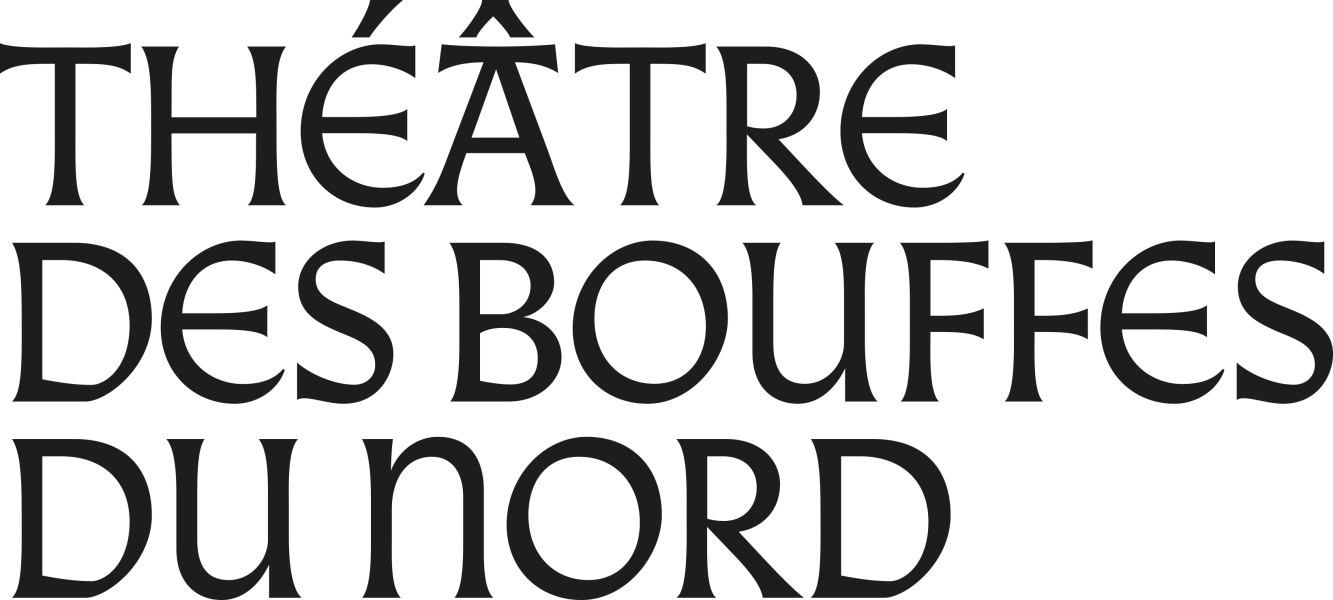Romeo Castellucci
Schwanengesang D744
novembernov 28 – 30
Conceived and directed by, Romeo Castellucci
With Valérie Dréville, Kerstin Avemo (soprano) and Alain Franco (pianist)
Music, Franz Schubert
Interferences, Scott Gibbons
Dramaturgy, Christian Longchamp
Assistance to the director, Silvia Costa
Costume design, Laura Dondoli, and Sofia Vannini
Production, Benedetta Briglia, and Cosetta Nicolini
Promotion and communication, Gilda Biasini, and Valentina Bertolino
Administration, Michela Medri, Elisa Bruno, and Simona Barducci with Massimiliano Coli
A production by Socìetas Raffaello Sanzio // A coproduction with Festival d’Avignon ; La Monnaie/De Munt (Bruxelles) // In collaboration with C.I.C.T./Théâtre des Bouffes du Nord ; Festival d’Automne à Paris
The piece was first presented on the 25th July 2013 for the « Des Artistes un jour au Festival » program as part of the Festival d’Avignon
In partnership with France Culture
Knowing what pain is, according to Schubert, knowing what abandonment is, according to Castellucci. Recital. The soprano, strangely far from the pianist, is at the centre of the stage. Dark suited, severe. Immobile, statue-like. Expressionless face. Her delicate singing rises up. Strange feeling of expectation. The lieder follow on, totally impassive. However, a veil of uncertainty has passed over her stilled features. Her glance has turned, distraught, in the direction of the “paradise” of the theatre as she comes to the eighth lied: Schwanengesang D744, Swan song. “How I lament, sensing death, the dissolution running through my limbs”. Contamination, physical, of the poem on the singer. She trips. About-turn. Goes off towards the back of the stage, clings to it, running her palms across it like a second Wailing Wall. Elsewhere now, already. With her back to us, the actress in the beige dress, has slid into the place of the singer, centre-stage. Cross-fade. Disappearance of one, appearance of the other. As if she was beneath the first one. A body, underneath her veneer. Sobriety, degradation. Soft movements, outdated, arms pointed towards “paradise”. Turning to face the glaring eyes, the actress explodes before the audience. Ethereal language gives way to vulgar language. Pain come back as rage. Insults rain down. Further degradation. The droning of Scott Gibbon’s soundtrack break into storms in the night air. In a streak of lighting, the song of the swan has descended into the song of a goat, its melody into the bleating of an animal, a Dionysian monster has defied the audience, pain, solitude and death.
In the same place

